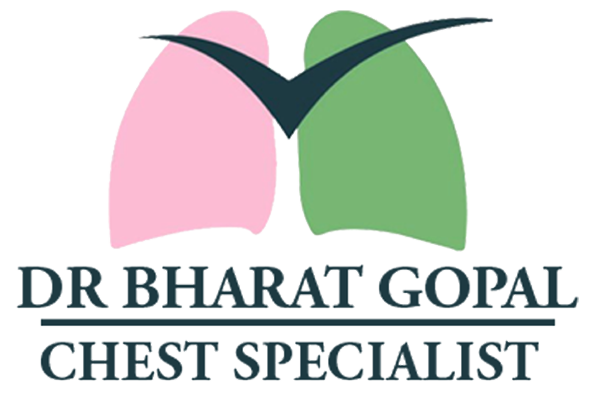Unraveling the Mysteries of Sleep: A Comprehensive Guide to Sleep Lab Services.
In the quest for understanding and optimizing our sleep, sleep lab services play a crucial role in unraveling the complexities of various sleep disorders and disturbances. From diagnosing sleep apnea to studying nocturnal behaviors, sleep labs provide a controlled environment for professionals to assess and analyze sleep patterns. In this article, we will delve into the world of sleep lab services, exploring their significance, the diagnostic processes they employ, and the range of conditions they address.
To Know More About it Please Click Here
The Significance of Sleep Lab Services
Quality sleep is essential for overall health and well-being, impacting physical, mental, and emotional aspects of our lives. Sleep lab services are dedicated facilities equipped with state-of-the-art technology and staffed by sleep specialists who aim to diagnose, treat, and manage sleep-related disorders. These services play a vital role in addressing a spectrum of sleep disturbances, including but not limited to:
- Sleep Apnea: Sleep apnea is a condition characterized by pauses in breathing during sleep. Sleep labs utilize polysomnography (PSG) to monitor breathing patterns, oxygen levels, and other physiological parameters to diagnose and assess the severity of sleep apnea.
- Insomnia: Insomnia involves difficulty falling asleep or staying asleep. Sleep labs may employ sleep studies to analyze sleep architecture and identify contributing factors to insomnia.
- Narcolepsy: Narcolepsy is a neurological disorder characterized by excessive daytime sleepiness and sudden episodes of sleep. Sleep studies help confirm the diagnosis and assess the presence of rapid eye movement (REM) sleep abnormalities.
- Restless Legs Syndrome (RLS): RLS is a condition characterized by an irresistible urge to move the legs, often accompanied by discomfort. Sleep labs can assess sleep quality and monitor leg movements to diagnose RLS.
- Parasomnias: Parasomnias include behaviors like sleepwalking, night terrors, and sleep-related eating disorder. Sleep studies can help identify the specific nature and triggers of these behaviors.
Diagnostic Processes in Sleep Labs
- Polysomnography (PSG): PSG is a comprehensive sleep study that records various physiological parameters during sleep. It typically includes monitoring brain waves, eye movements, heart rate, respiratory effort, airflow, oxygen saturation, and muscle activity.
- Multiple Sleep Latency Test (MSLT): MSLT measures daytime sleepiness by assessing how quickly an individual falls asleep during scheduled daytime naps. It is often used in the diagnosis of narcolepsy.
- Maintenance of Wakefulness Test (MWT): MWT assesses a person’s ability to stay awake during designated periods of wakefulness. It is commonly used to evaluate daytime sleepiness in individuals with sleep disorders.
- Home Sleep Apnea Testing (HSAT): HSAT involves portable monitoring devices that individuals can use at home to diagnose sleep apnea. While it may be more convenient, it may not provide as much information as an in-lab PSG.
- Actigraphy: Actigraphy involves wearing a small, wrist-worn device to monitor movement patterns over an extended period. It is often used to assess sleep-wake cycles and circadian rhythms.
The Role of Sleep Specialists
Sleep lab services are typically staffed by a multidisciplinary team of healthcare professionals, including sleep specialists, technologists, and respiratory therapists. Sleep specialists are trained physicians with expertise in sleep medicine. They interpret sleep study results, diagnose sleep disorders, and develop personalized treatment plans tailored to each individual’s needs.
To Know More About it Please Click Here
Conclusion
Sleep lab services play a pivotal role in the field of sleep medicine, providing invaluable insights into the intricate world of sleep. As our understanding of sleep-related disorders continues to evolve, sleep labs remain at the forefront of diagnostic and treatment efforts, helping individuals achieve restorative and healthy sleep patterns. By unraveling the mysteries of sleep, these services contribute to improving the overall well-being and quality of life for those affected by sleep disturbances.








